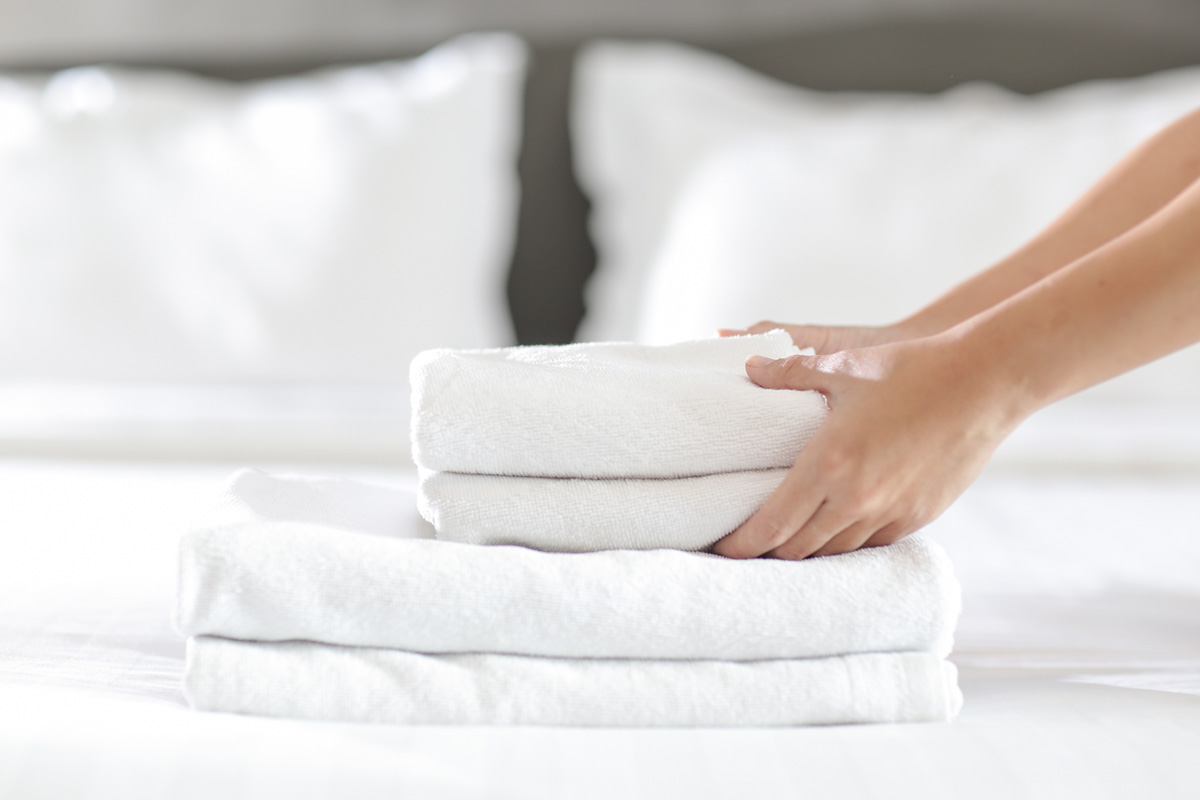Do you struggle to sleep? Then you’re not alone. One study shows that as many as 75 percent of Brits don’t get enough of it.
The problem is, you know this all along, and you’ve done almost all the tricks in the books to summon Mr. Sandman—to no avail. You invested in blackout curtains, talked to a sleep doctor and underwent tests, and turned off your phone at night.
Still, you usually find yourself tossing and turning, thinking when you will ever get the sleep you desire. Well, guess what, probably you’ve missed out on a few more tips that may help:
1. Get a New Bed

The impact of your choice of bed is more significant than you can ever think of. Take the mattress, for example.
Speaking with WebMD, Michael Decker, Ph.D., RN, shared that when a person sleeps on a particular side for a prolonged period, their position could reduce the supply of oxygen in the area.
It will then stimulate the brain to ask the person’s body to turn, but this movement may be enough to trigger sleep arousal or interrupted sleep. He then said that a mattress that creates fewer pressure points might help the tossers and turners get good sleep.
Meanwhile, in a 2015 study in Sleep Science, the researchers found a strong association with medium-firm mattresses and the reduction of musculoskeletal pain (particularly back pain).
This could be because this type of bed has a good combination of firmness and softness. It can follow the contours of the back and spine but without making someone feel as if they’re sinking in their bed.
When in doubt about the best mattress to buy, you can always ask experts that offer bedroom furniture online. They will consider your conditions and preferred sleeping positions, among others, in helping you choose the right one.
2. Clean the Laundry

Probably some of the greatest rivals in your bed are bedbugs. They’re microscopic that you cannot see them, but boy, you can feel them. When they bite you, they can cause intense itching that’s enough to make you not fall asleep.
Even worse, a 2009 research by the University of Massachusetts Amherst revealed that these incredibly tiny pests might learn to outsmart poisons that can eliminate them. So before their number increases, do as much as you can to stop them from enjoying your bed.
One step is to clean your laundry. In a 2017 study by the University of Sheffield, the researchers performed an experiment where they placed four bags filled with clothes in a room with temperature control.
Half of these bags contained soiled laundry. In one of the rooms, they increased the level of carbon dioxide to simulate the presence of a human being.
Their results showed that if they cannot detect the presence of the human host, bedbugs seemed to get attracted to bags with soiled clothing. When the carbon dioxide in one of the rooms increased, the bugs went on to search for human flesh.
The bottom line is that dirty clothes could attract bed bug infestation probably because it can also leave a human odor, which they can sense. If you cannot wash them every day, keep them sealed inside a bag and perhaps away from the bedroom.
3. Check Your Hormone Levels
If you’re having trouble sleeping for a while despite drinking chamomile tea or doing yoga, then you may want to go deeper into your health and check your hormones.
Hormones are chemicals that regulate a host of metabolic activities, some of which can interrupt—or induce—sleep. Two of these are melatonin and cortisol.
Cortisol is the popular stress hormone produced by the adrenal glands. Its levels fluctuate depending on the time of day. It gradually increases in the morning before it reaches its peak at 7:00 a.m. and then drops progressively as the sun sets and the evening rolls in.
Why does this happen? Cortisol is a hormone associated with alertness and focus. It regulates your blood sugar levels, blood pressure, and heart rate, so you can function throughout the day and hopefully won’t need to drink lots of cups of coffee.
It has to go down in the evening so you can relax. What then takes over is melatonin produced by the brain’s pineal gland. It places your body and mind in quiet wakefulness to prepare yourself to sleep. However, this is sensitive to darkness. That’s why you may struggle to sleep if your eyes perceive light.
There can be a hundred reasons you can’t sleep, but the good news is you can also find many options to promote it. Hopefully, you can add these three tips to your to-try list.